‘We must not impose politics on the artists’ work’
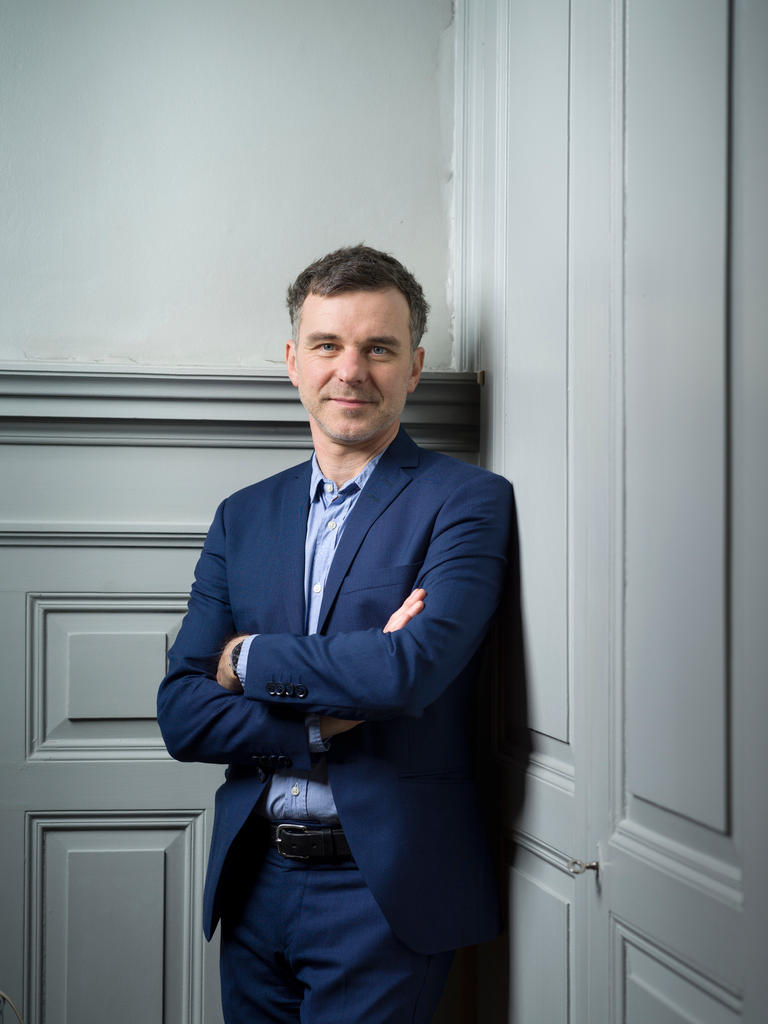
Philippe Bischof, the new director of the Swiss arts council Pro Helvetia, talks to swissinfo.ch about the significance of cultural exchanges abroad. He says art offers a chance for dialogue, and explains how Pro Helvetia helps support cultural projects in countries where art is under political pressure.
swissinfo.ch: If you had to describe the state of Swiss art to “sell” it abroad, how would you do it?
Philippe Bischof: With diversity, because this is quite specific for Switzerland. It’s a country of four official languages. There’s not just one Swiss culture but many Swiss cultures and this is appreciated in other countries, I hear that often.
Then there is the matter of quality. Switzerland is a rich country – there’s a high quality in the making [of art] and there are very good art academies. It’s an art made in excellent circumstances with good funds and infrastructure – that’s something you recognize easily. There’s as well a kind of specific innovation, with a lot of love for detail, meticulous, like Christoph Marthaler in theater, Fischli & Weiss in art and so on.
swissinfo.ch: Do you think the Swiss scene has become more international, in the sense that it has become more difficult to talk about “Swiss art”?
P.B.: Art has always been a global language. This global language is what makes art art. There is, for instance, a music festival in a forest in canton Obwalden where year by year they bring together two countries or regions and you can discover that yodelling is not a Swiss thing – that in Bhutan there’s yodelling as well. The technique and the culture are universal. So for me it’s not about Swiss art, but art made by Swiss or made in Switzerland. That’s what we fund. It’s an important difference.
swissinfo.ch: How do you prepare for Swiss art to be received abroad?
P.B.: The exchange with the public takes place here and abroad. That’s inseparable. The training ground for foreign countries is the domestic audience here. It’s our responsibility not to send the artists into the world too early – we want to avoid the danger that they won’t make it out there. But if a dance company from Bern can prove itself in Geneva before performing in Paris, then the chance of success is usually greater.
swissinfo.ch: You’ve been head of Pro Helvetia for just over 100 days. What is it that fascinates you about this international aspect?
P.B.: Art isn’t a product that stands alone; rather, art offers the chance for dialogue – and that requires space. The larger this echo space is – and the world is of course bigger than Switzerland – the more interesting are the discussions that can arise. On both the human and political levels, it’s a great opportunity for people to experience a change of perspective on certain issues, or a different form of expression. The fascinating thing is that people absorb the same play or book differently in different places. Listening to Beethoven’s 9th Symphony in Iceland is different from listening to it here in Zurich. That’s a good thing. It shows the diversity and sophistication of art per se.
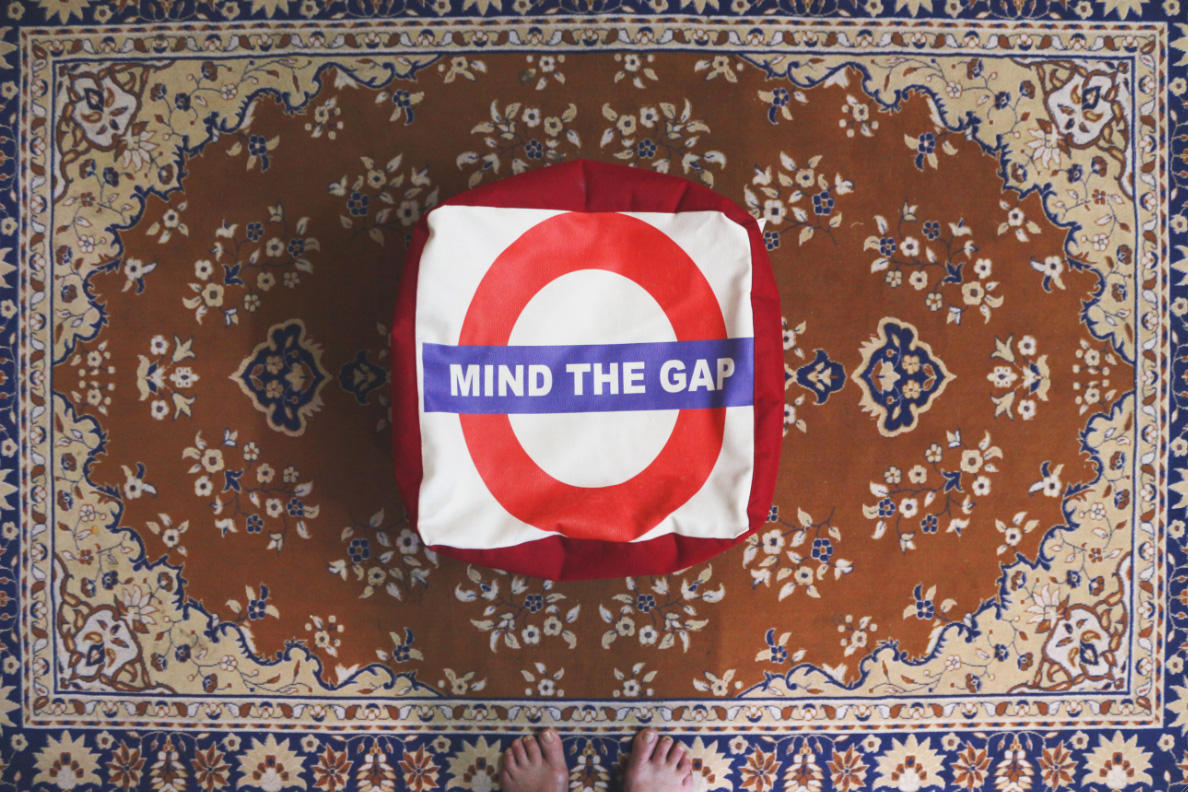
More
Building on a decade of Indo-Swiss artistic exchange
swissinfo.ch: How can Pro Helvetia maintain a certain degree of neutrality when supporting cultural projects in former European colonies, especially in Africa?
P.B.: This is a very important question indeed. First of all, what helps us is that Pro Helvetia is an autonomous foundation, it’s a national council, but not with a political agenda. And this is something that a lot of people and stakeholders appreciate. They come to me and say “protect that” – it keeps a kind of free space around your engagements, and that’s part of the answer.
Second, we should never forget that this kind of cultural exchange is very delicate and complex. It needs respect, it needs a lot of time and space, and it doesn’t always succeed. But what people know is Pro Helvetia’s high reputation, its sense of quality and this independence I mentioned.
swissinfo.ch: How do artists react to post-colonial approaches?
P.B.: The post-colonial approach is not a clearly defined concept, it’s more of a mindset and attitude. A good one, basically, I agree, but it’s not a strict programme. By the way it’s interesting to hear artists of post-colonial countries say “I don’t care about it, I just want to do my stuff”. Artists and actors from post-colonial countries are reclaiming the right to just “let us do what we want to do, we don’t want to do a project about post-colonialism or whatever when we don’t want to do it” – and this is an important issue for all European councils: not to forget that. We should not impose political programmes on any artist’s work. That’s the delicate balance.
swissinfo.ch: Pro Helvetia is active in regions where the arts face serious political pressure. The support of cultural activities is tightly related to issues such as human rights, social justice, minorities, gender and the overcoming of colonial and post-colonial practices. Isn’t this charter of principles at odds with the situation in the field, especially in countries like Russia, China, most of the Arab world and, further down the line, Brazil?
P.B.: We deal with individuals – it’s very important to say that. We don’t deal with governments or administrations. What we really support are projects, artists, so it’s really between individuals. And one of the positive things about working with local collaborators is that they know the situations, they know the limits and also the free spaces. I recently had a talk with the head of our Moscow office and asked her directly what it was like. And she said, “Look, I know what’s possible and what isn’t, and I try to act freely within this”. Now, is it censorship or not? It’s not. What’s important is that we can support what we are convinced of within certain political frameworks.
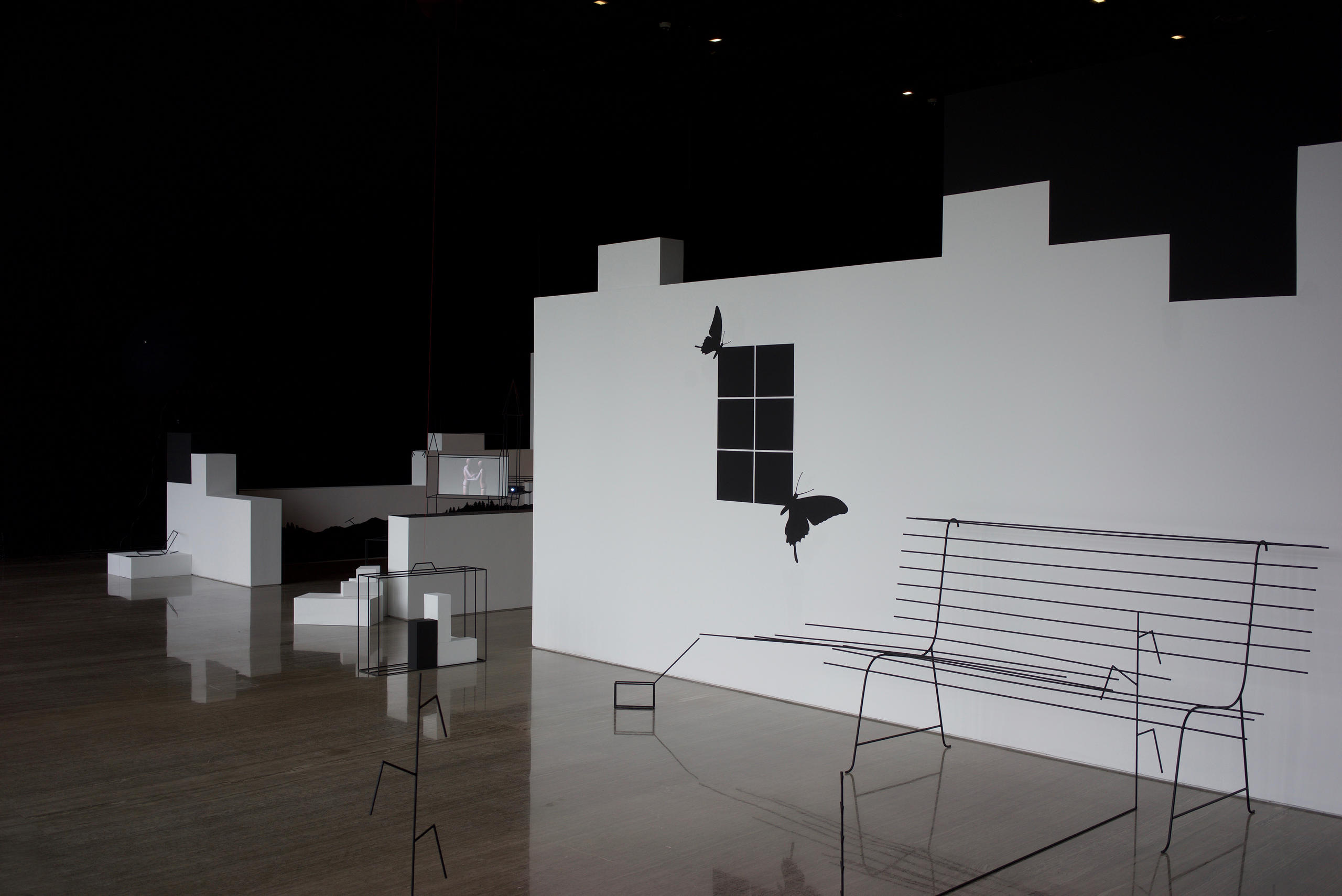
swissinfo.ch: Isn’t it self-censorship?
P.B.: No. It’s the same here in Switzerland, there are also some “cultural rules”.
Pro Helvetia: a global network
Founded in 1939 to promote cultural works of national and international interest, Pro Helvetia became a public foundation ten years later. It is based in Zurich. Pro Helvetia is the only Swiss institution that continually promotes Swiss art and culture at home and abroad. In 1985, it founded the Centre Culturel Suisse in Paris; today there are also cultural centres in New York, San Francisco and Rome. Last year, Pro Helvetia supported projects in around 100 countries, and has branch offices in Egypt, South Africa, India, Russia and China. For 2018 the budget is CHF 40.3 million (US$ 43 million).
swissinfo.ch: What would be off limits in Switzerland?
P.B.: You always have to consider the context. For us it’s very important to know the context and to respect it, because it’s not our mission to change any political context. Egypt is Egypt, we have to respect that. It’s a permanent, determined and respectful approach. And maybe there the artists can add layers to societies by their cultural work.
swissinfo.ch: What are the criteria for choosing a country where Pro Helvetia wants to be present?
P.B.: The question is, where is there content potential and where are there markets, that is, audience and distribution possibilities? The first branch office was founded 30 years ago in Cairo with these criteria. I don’t have to justify Egypt or South Africa; both are incredibly rich areas culturally. In 2004, based on a new analysis, we defined future markets: India, Russia, China and Brazil. We’ve set up branch offices in those places over the years.
swissinfo.ch: Why are branches closed in places like Belgrade, when there is still so much to do there?
P.B.: This was not a Pro Helvetia office in the current sense. But the example shows how priorities can shift. The artistic relations between Switzerland and Belgrade had intensified so much that our presence was no longer necessary. However, for me it’s not just about populating these hotspots and cities, but rather building networks with the surrounding regions. The branch office in Cairo, for example, doesn’t just serve Cairo, but also Tunisia and Lebanon.
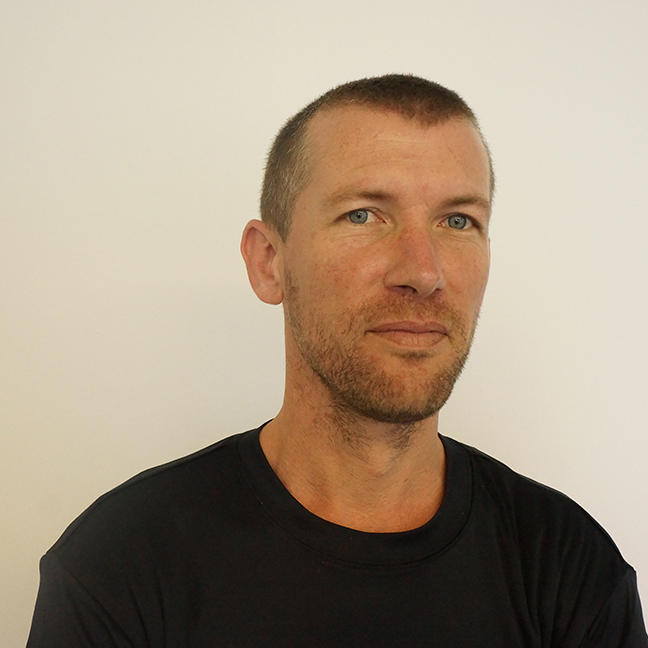
More
The economy is trickier than politics
swissinfo.ch: You mentioned once that cultural exchange is a work of translation. Can you develop this idea, in terms of the actual challenges you face now at Pro Helvetia?
P.B.: I was asked in another interview why we still do this cultural exchange in the era of the internet, and I said that we still cannot exchange or transmit personal meetings via internet. And that’s what culture is about.
We tend to forget that English is not the only language in the world. So, translating for me means to really respect different cultural situations, local situations, languages in a proper sense but also on a secondary level of their definition – for example, non-verbal ways of communication, which are only possible in personal encounters. It means translating thoughts and ideas from one origin to another. It’s translating from language to language but also from context to context, and finally, from individual to individual. Without personal encounters this would not be possible.
There was this sentence by Zygmunt Baumann, the Polish sociologist, that struck me: “The ribbons of translation seem to be systematically cut nowadays.” I don’t know whether it’s like that or not, but we have to take care of the art and the consciousness of translation.
swissinfo.ch: And how does it relate to a certain Eurocentric trap, like most of its European counterparts?
P.B.: Well, it’s hard not to be Eurocentric if you’re in Europe. For me the challenge is to always remember that we act within very different understandings and definitions of things. Let’s for instance talk about the performing arts. For us urban European people, it’s totally clear what that is. But when for instance we go to Nigeria, we should ask ourselves, “What do performing arts mean to the artists and audiences there?”
swissinfo.ch: Why?
P.B.: It’s all about the distinction between difference and distance. In cultural theory there’s a long discussion about cultural differences. There’s an interesting description by François Jullian [a French philosopher and sinologist] who said it’s more about distance, because difference means we are two different people, but distance means that we are just in two different spots.
We tend to forget about distances. Not everybody speaks the same language, has the same wishes, dreams. Therefore my concern is not whether I’m Eurocentric or not, my concern is what I do with that when I go somewhere as a foreigner, when I leave my place to be a guest in another place. We should never forget this.
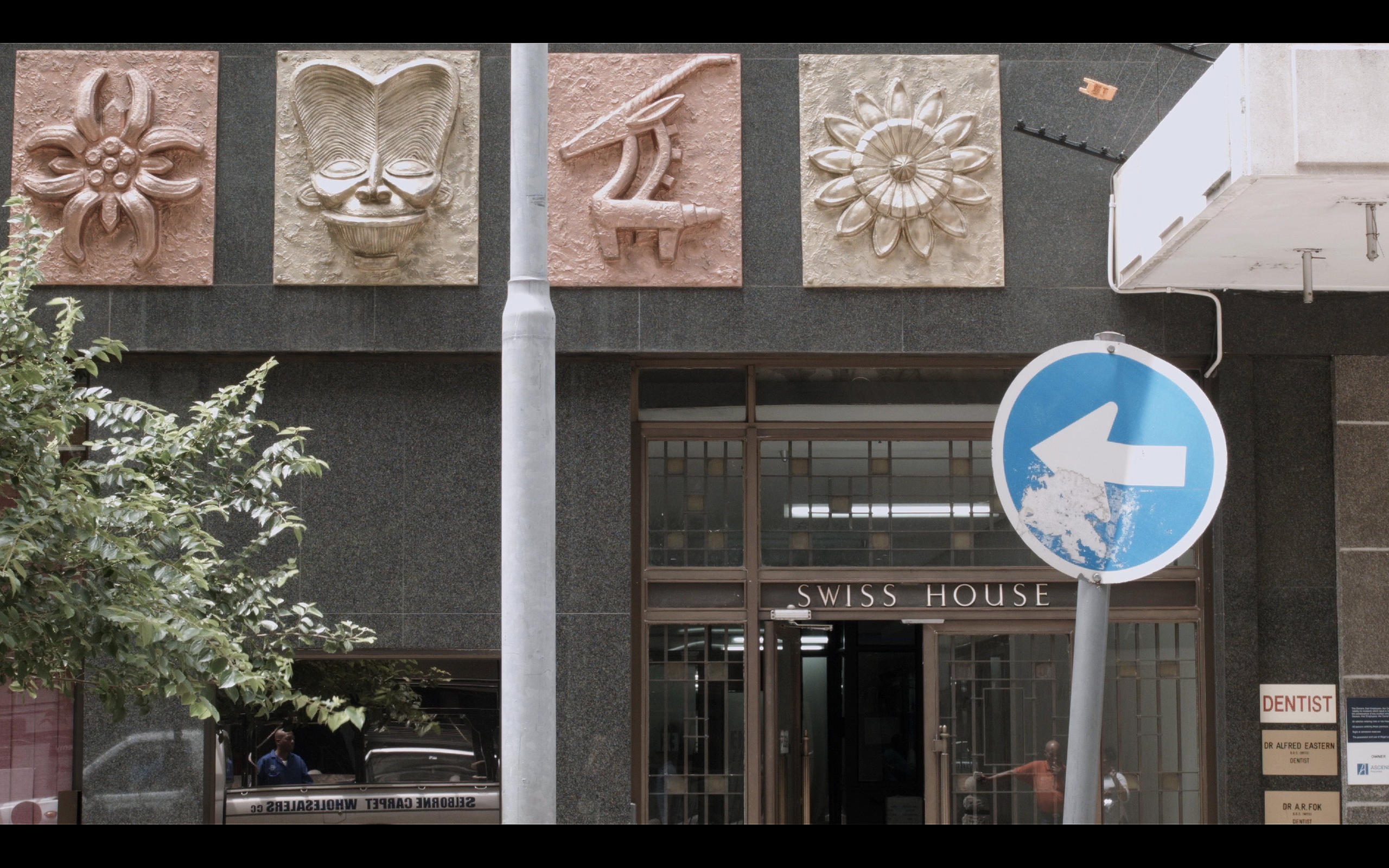
More
Pro Helvetia pursues ‘engaged neutrality’

In compliance with the JTI standards
More: SWI swissinfo.ch certified by the Journalism Trust Initiative
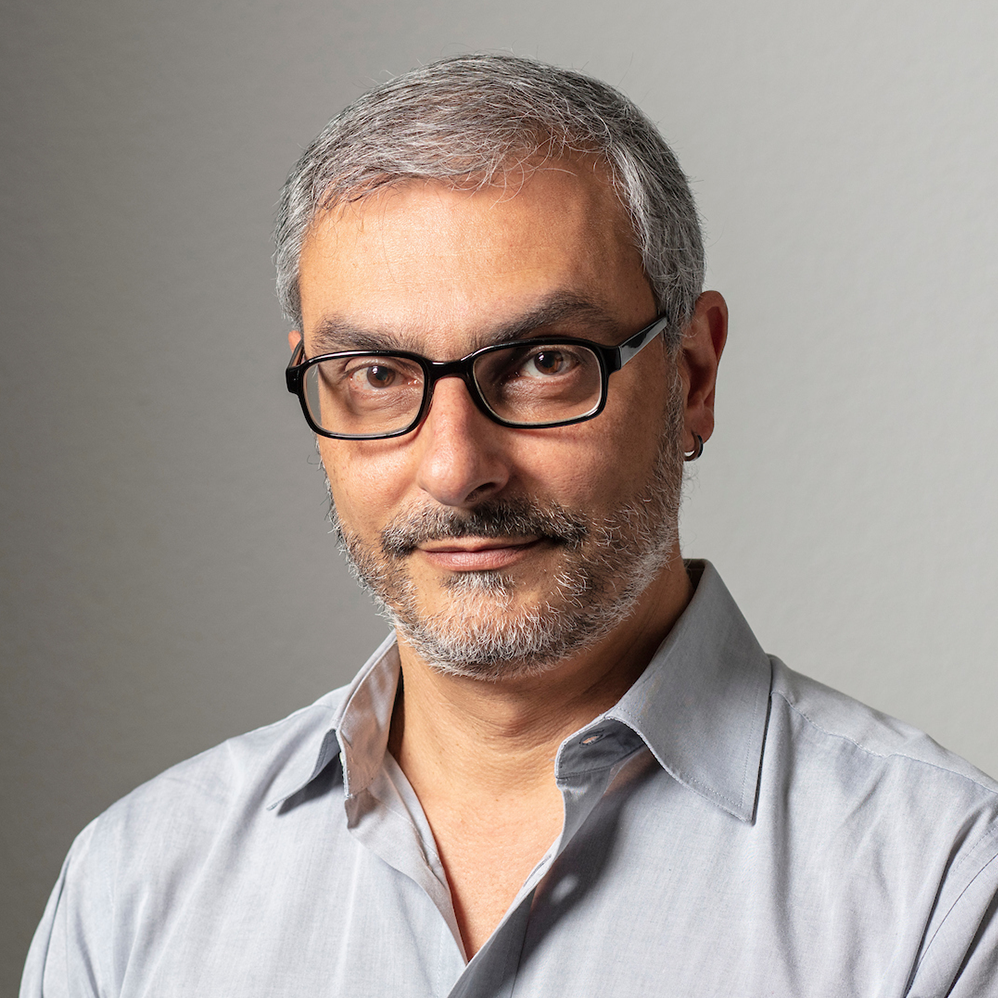
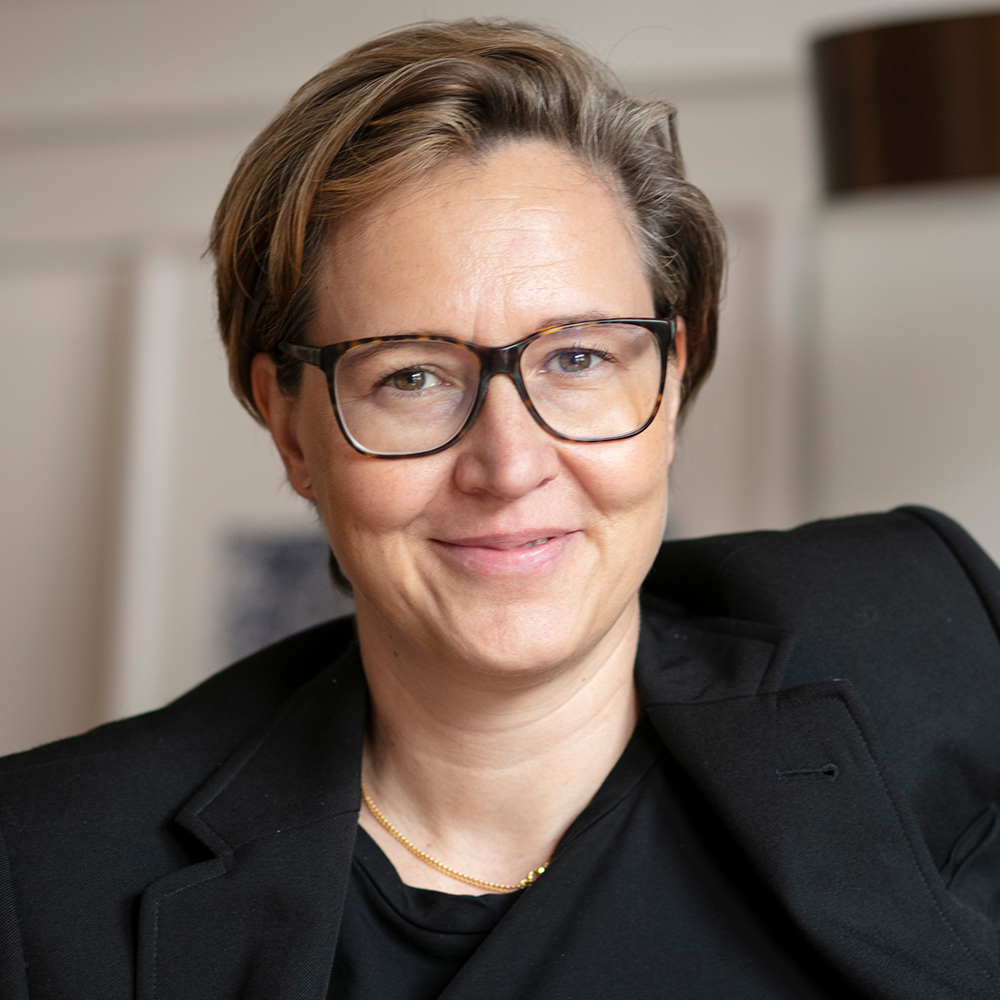










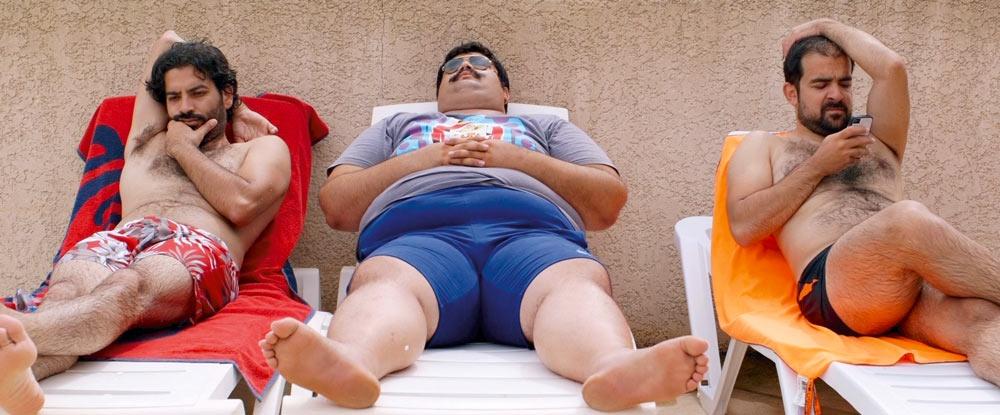
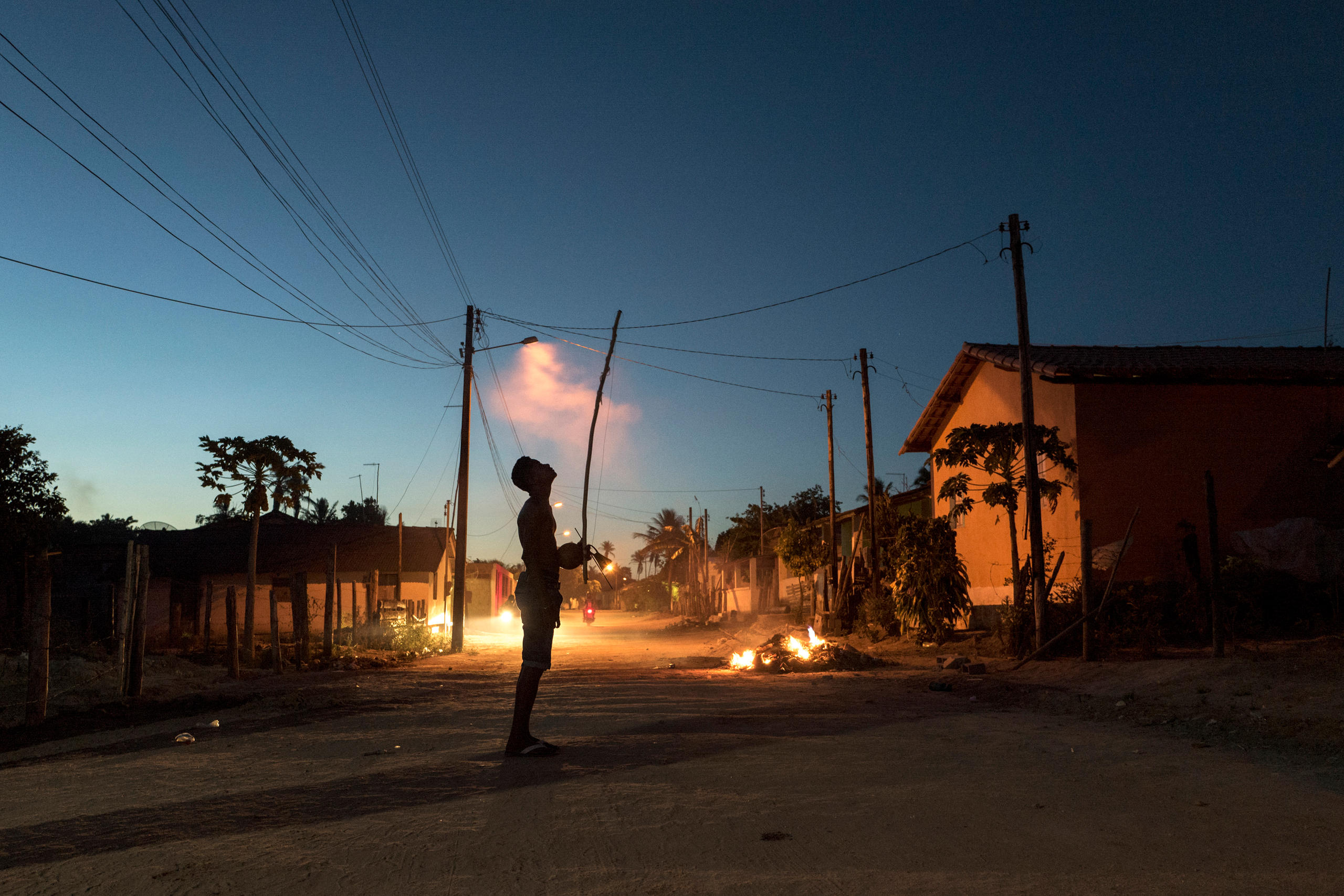

You can find an overview of ongoing debates with our journalists here . Please join us!
If you want to start a conversation about a topic raised in this article or want to report factual errors, email us at english@swissinfo.ch.